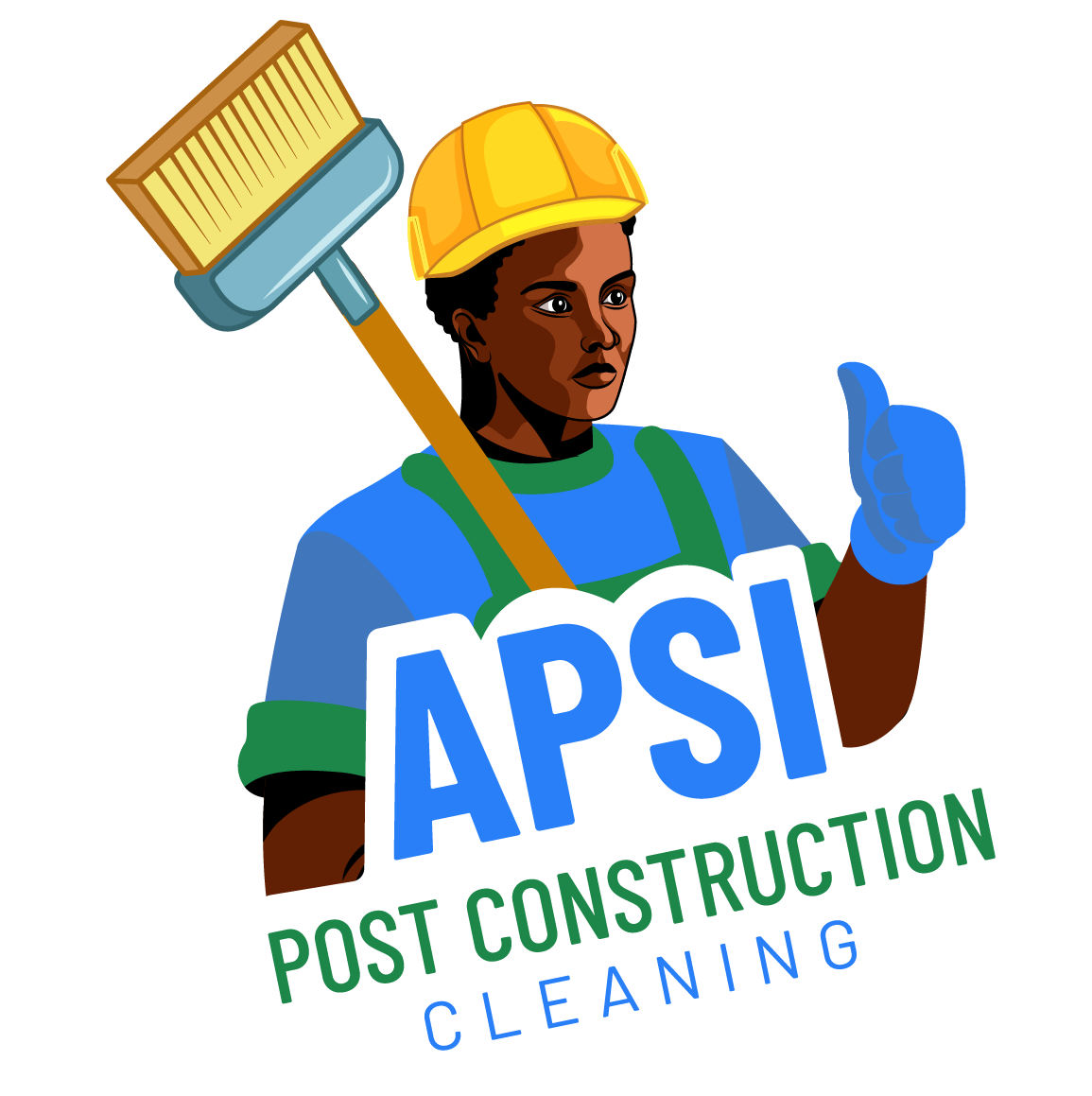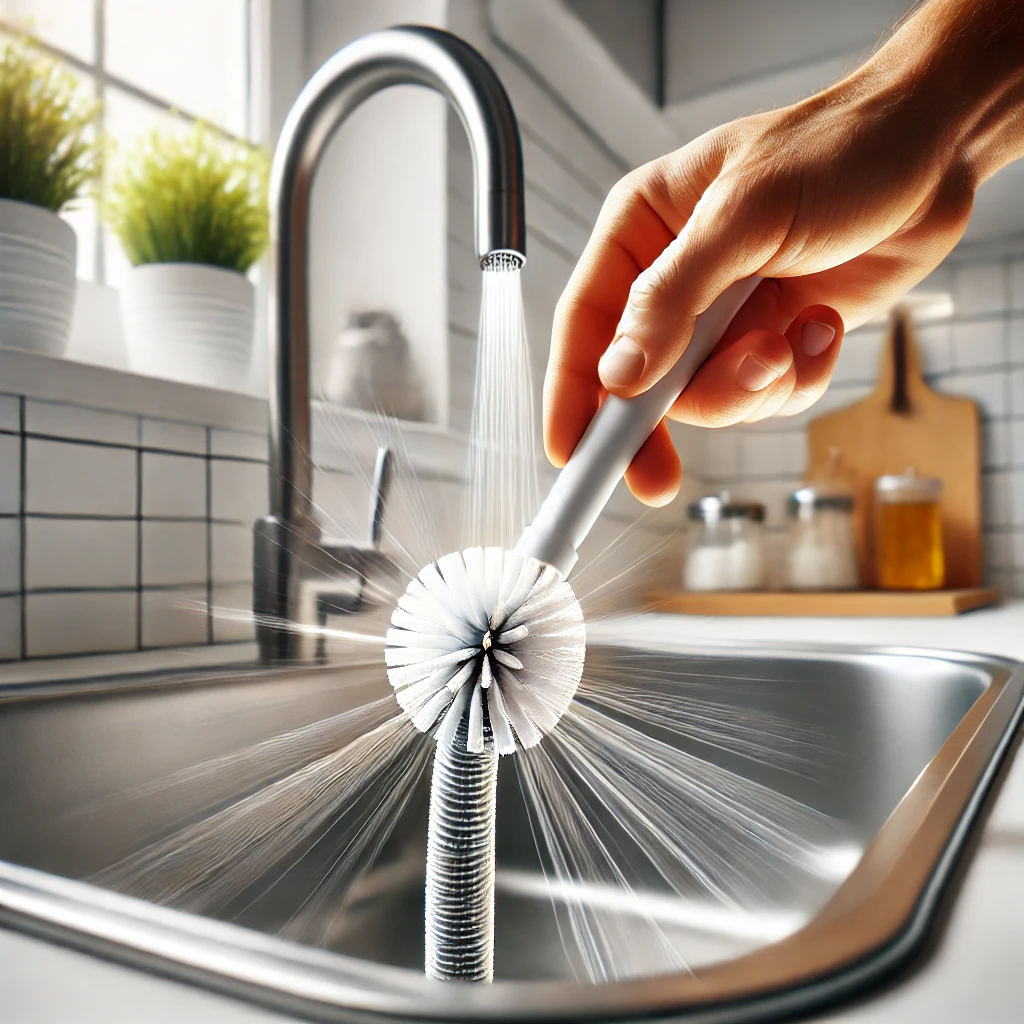Keeping pipes free of debris is essential for the smooth functioning of your plumbing system. If it’s a clogged drain, buildup of grease, or general maintenance, a quality pipe cleaner can be a game-changer for your home. But how do you choose the right product and technique for the job? Let’s explore how these cleaners work, their benefits, and how they can help you maintain a healthy plumbing system.
What Is a Pipe Cleaner?
A pipe cleaner is a tool or solution specifically designed to clean the inside of pipes. It can be a chemical-based solution that dissolves blockages or a physical tool like a flexible brush used to scrub away buildup. These cleaners are commonly used for household plumbing, but they can also be essential for maintaining outdoor drains, HVAC systems, and other areas that rely on proper pipe function.
Benefits of Using a Pipe Cleaner:
- Prevents Clogs
One of the primary reasons for using this cleaner is to prevent blockages. Over time, grease, soap, hair, and other debris can accumulate inside your pipes, leading to slow drains or complete clogs. Regular use of a pipe cleaner can break down these buildups, keeping your plumbing flowing smoothly. - Reduces the Need for Repairs
A blocked pipe can cause significant damage if left untreated. Pressure from the blockage can cause leaks, cracks, or even burst pipes, which can be costly to repair. By maintaining clean pipes, you’re reducing the likelihood of these issues and extending the lifespan of your plumbing system. - Improves Drainage Speed
If you’ve noticed your sinks or bathtubs draining slowly, it may be a sign of buildup inside your pipes. A cleaner can quickly restore the flow of water, ensuring your drains work as efficiently as possible. - Eco-Friendly Options
Not all pipe cleaners are harsh chemicals. There are many eco-friendly options available, including enzyme-based cleaners that use natural ingredients to break down clogs. These cleaners are gentle on the environment while still being effective at maintaining clean pipes. - Prevents Odors
Buildup in pipes doesn’t just cause clogs; it can also lead to unpleasant smells. Bacteria thrive in moist environments like your plumbing system, and over time, the waste buildup can produce foul odors. A cleaner can help eliminate this buildup, keeping your home smelling fresh.
Types of Pipe Cleaners
There are several types of pipe cleaners available, and choosing the right one depends on the nature of the blockage and the type of pipe you’re dealing with:
- Chemical Cleaners
Chemical cleaners are the most commonly used for household plumbing. These solutions contain powerful ingredients that dissolve grease, hair, and other debris. However, they should be used with caution, as harsh chemicals can sometimes damage certain types of pipes, especially older plumbing systems. - Enzyme-Based Cleaners
For a gentler and more environmentally friendly option, enzyme-based cleaners use natural enzymes to break down organic matter like hair and food particles. These are ideal for routine maintenance and preventing buildup without harming your pipes or the environment. - Manual Pipe Cleaners
Sometimes, physical blockages require a more hands-on approach. A manual pipe cleaner, such as a plumbing snake or flexible brush, can be used to physically remove debris. These tools are effective for tougher clogs that chemicals may not be able to dissolve. - Foam Pipe Cleaners
Foam cleaners expand inside the pipe, ensuring that the cleaner reaches every part of the pipe’s interior. These are particularly useful for tackling blockages deep within the plumbing system or for cleaning wider pipes.
When to Use a Pipe Cleaner
Knowing when to use a cleaner is just as important as selecting the right one. Here are some common signs that it’s time to clean your pipes:
- Slow Draining Water
If water is taking longer than usual to drain from your sink, tub, or shower, it’s a clear sign of a blockage forming in the pipes. A cleaner can help dissolve the buildup and restore proper flow. - Foul Odors
If you notice unpleasant smells coming from your drains, it could indicate that bacteria are thriving in waste buildup inside the pipes. Using a cleaner can help remove the debris that’s causing the odor. - Gurgling Sounds
Gurgling noises from your drains or toilet could signal trapped air caused by a blockage. A quick treatment with a cleaner can clear the blockage and stop the noises. - Water Backing Up
In more severe cases, you might notice water backing up in sinks, tubs, or toilets. This is a sign that a blockage is preventing water from flowing through the pipes. Using a pipe cleaner in these cases is crucial to avoid a complete clog.
How to Properly Use a Pipe Cleaner
- Read Instructions Carefully
Always read the instructions on the cleaner before use. Some chemicals can be harmful if not used correctly, and certain cleaners may not be suitable for all types of pipes. - Use the Right Amount
For chemical or enzyme cleaners, follow the recommended dosage. Using too much product can damage your pipes, while using too little may not effectively clear the blockage. - Consider a Professional for Severe Clogs
If you’re dealing with a stubborn clog that doesn’t respond to a standard pipe cleaner, it’s best to contact a professional. Some blockages require specialized tools or more advanced methods to clear.
Final Word
A cleaner is an essential tool for keeping your plumbing system in good shape. If you’re dealing with a minor clog or looking to maintain your pipes over time, the right cleaner can save you from costly repairs and keep your drains running smoothly. Regular use of a pipe cleaner will prevent common plumbing issues and ensure that your home remains odor-free and well-functioning. Choose the right type of cleaner based on your needs, and make pipe maintenance a part of your regular home care routine.

